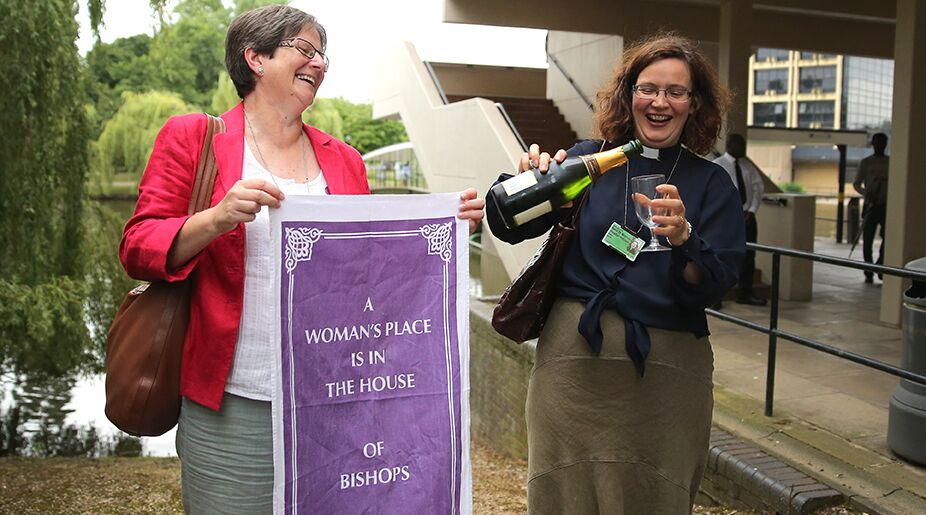
Church of England Votes for Female Bishops
The Church of England voted on July 14 to allow women to become bishops. This decision could divide Anglicans and push traditionalists toward Rome.
In many ways, this vote was inevitable. The Church of England allowed female priests in 1992, and several female bishops have been ordained in the church around the world.
But the ordination of women bishops was blocked in November 2012, where the legislation fell six votes short of the two-thirds majority required in the house of laity in the church’s general synod. The social outcry was so great that Archbishop of Canterbury Justin Welby fast-tracked the latest initiative and gave the synod another chance to vote on the matter.
The legislation still needs the approval of Britain’s Parliament, which it will get, to be formally approved on November 17, barring any unexpected hiccups.
Many in the Church of England are thrilled by the prospect of women bishops, but a significant number worry that the legislation does not adequately cater for those who believe that women bishops are unbiblical. Director of the conservative Reform group, Susie Leafe, said she is “very disappointed” by the result. “There is still at least a quarter of the church for whom this package does not provide for their theological convictions,” she said.
Some of those voting for the new measures admitted they were comprising their personal beliefs in order to conform to modern society. “I shall be voting in favor today,” Adrian Vincent said, one of those who voted against the legislation in the house of laity in 2012. “By doing so, I am betraying what I believe, I am betraying those who trusted in me.”
This latest result could send some who oppose female bishops to the Roman Catholic Church. The Personal Ordinariate of Our Lady of Walsingham, a branch of the Catholic Church set up by Pope Benedict xvi to make it easier for defecting Anglicans to return to Rome, is renewing its efforts to reach out to Church of England members in the wake of the vote.
There is little evidence of a mass exodus yet, but it is still in its early stages. This vote does not end the division in the Anglican Communion. Another divisive subject is homosexuality: different wings of the church passionately disagree on subjects such as homosexual “marriage” and the acceptability of homosexual priests and bishops. Here, there is also a substantial geographic divide. In Britain and America, many are tolerant of homosexuality, while in Africa, large numbers of Anglicans consider homosexuality a sin.
For more on how these divisions could lead to large parts of the Anglican Church returning to Rome, read “Cracks in the Anglican Cathedral.”
